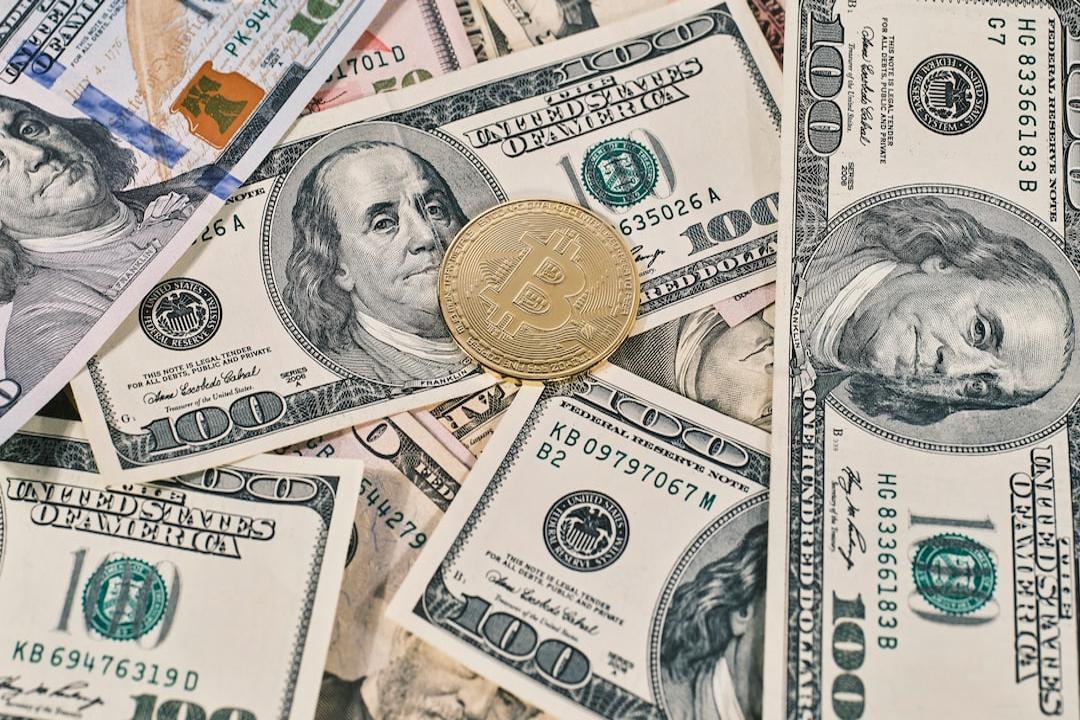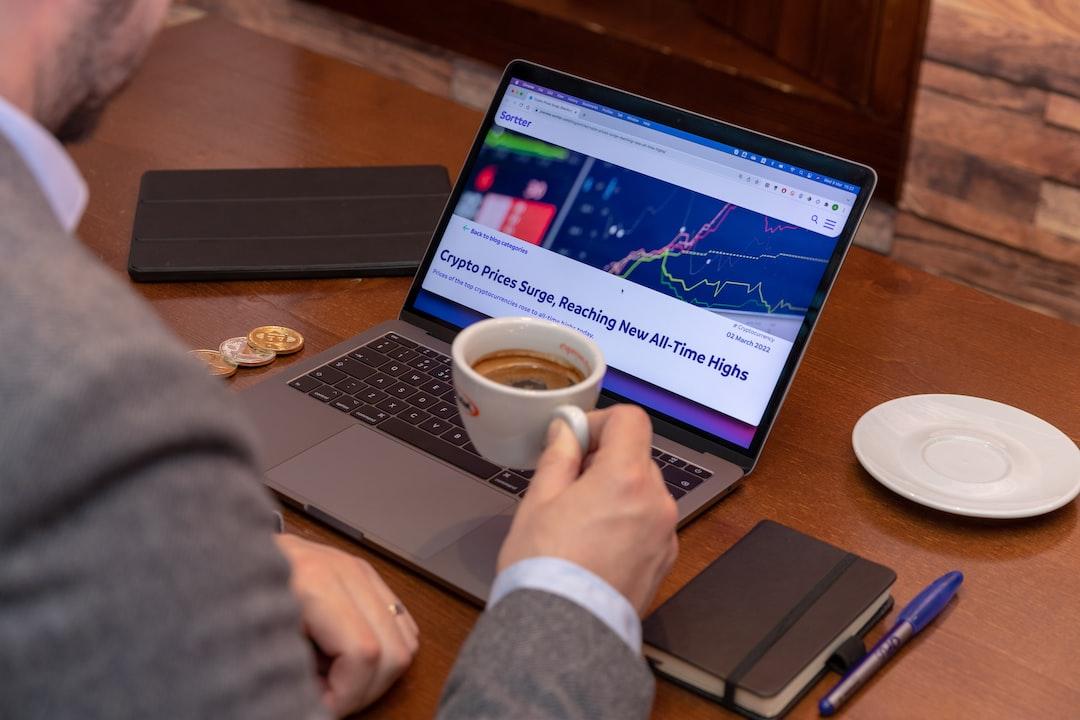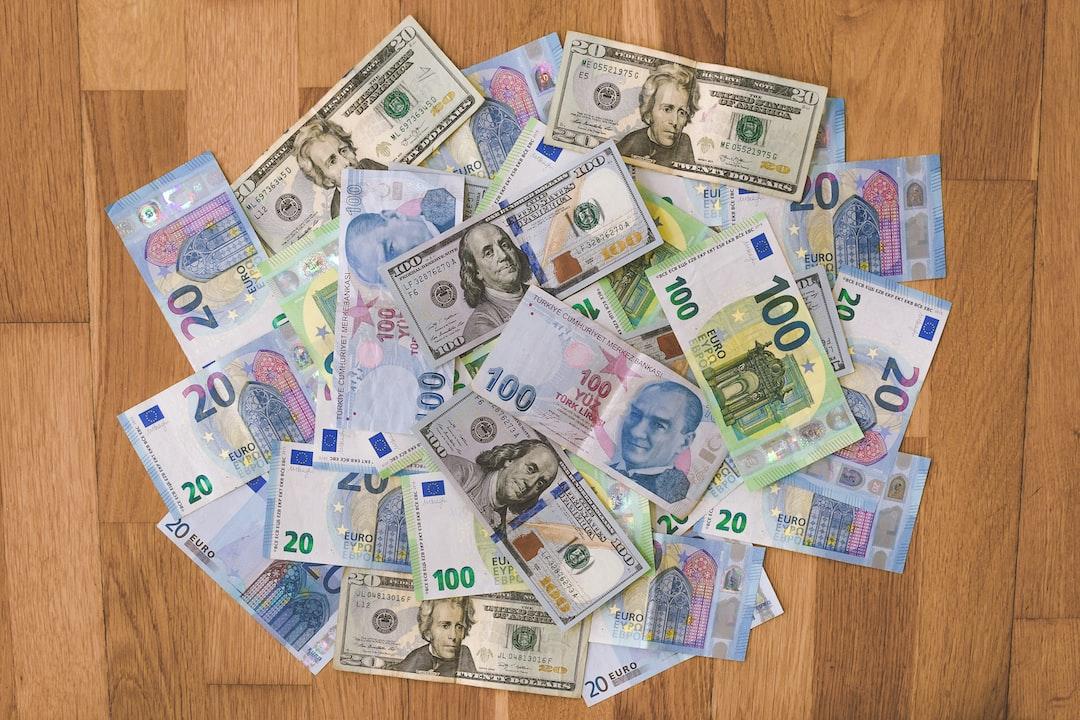Jack Dorsey, CEO of Block Inc., recently praised the merits of Bitcoin, calling it “free money”. He emphasized Bitcoin’s ability to function independently of government control, contrasting it with the US dollar (USD), which requires government and banking approval for transactions. Furthermore, the director of Block also praised Bitcoin’s capacity, suggesting that it will either complement or undermine the dollar. He is not the only one recognizing Bitcoin’s potential in this regard. Many people in both the crypto and traditional financial markets view Bitcoin as a hedge against inflation. For example, during the economic crisis in Egypt in March, the Egyptian pound plummeted, but the value of Bitcoin remained stable. Read more: 
Bitcoin miners face challenges, but the situation is not fatal. Hunter Horsley, CEO of Bitcoin ETF issuer Bitwise, pointed out that Bitcoin owners are in a better position in dollar terms compared to those holding the weakened Egyptian pound. This scenario highlights Bitcoin’s role as a safe haven asset during economic instability. In the United States, the latest economic data supports Bitcoin’s potential as a reserve asset. Additionally, inflation expectations for the next year have decreased from 3.5% to 3.3%, while the five-year forecast remains stable at 3%. These indicators suggest a stable economic environment, making it a suitable time for Bitcoin to solidify its position on the global stage. Currently, Bitcoin is trading at a price of $64,300. Despite recent declines, broader trends indicate a strong future for Bitcoin as both a financial asset and a symbol of monetary freedom. 
Jack Dorsey Bitcoin Can Replace the US Dollar
 Jack Dorsey Bitcoin Can Replace the US Dollar
Jack Dorsey Bitcoin Can Replace the US Dollar 

